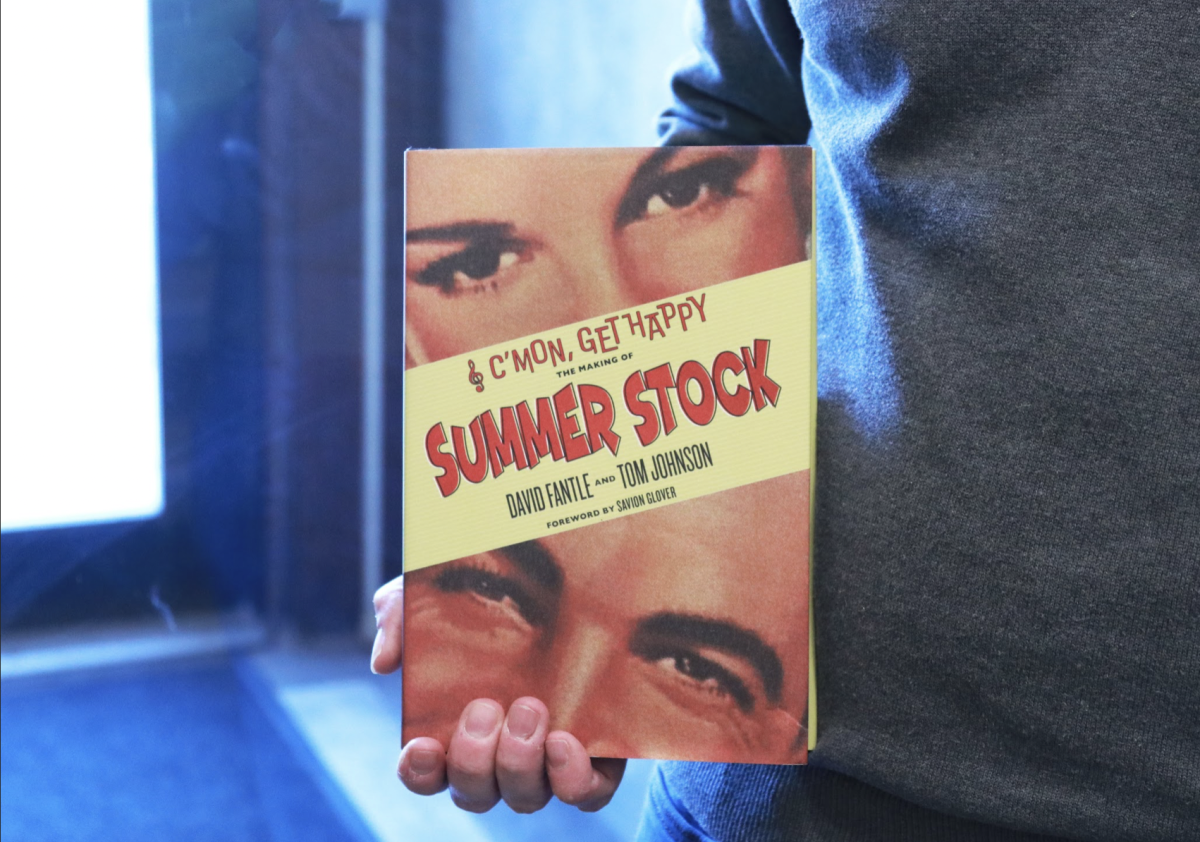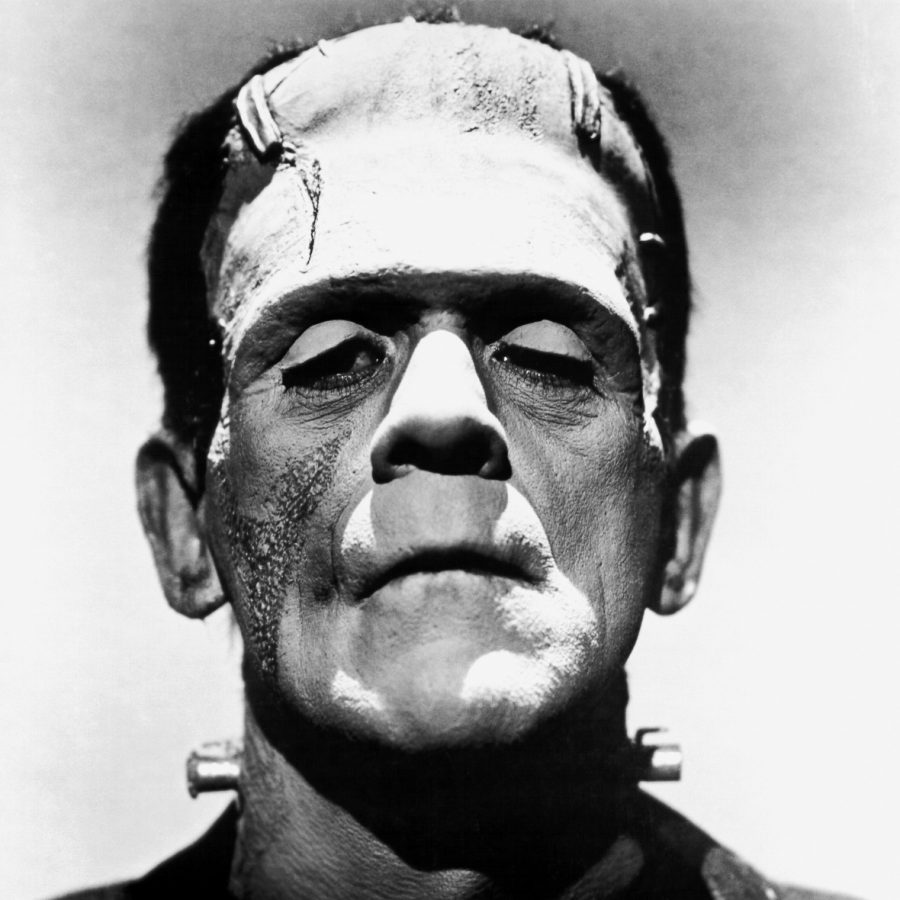
For any author, it is hard to write a novel following her or his most successful piece of work. For J.K. Rowling, this feat seems especially challenging. Five years after publishing the last installment of the world-renowned Harry Potter series, Rowling is following arguably the most popular book franchise in history with her first novel for adults, “The Casual Vacancy.”
The dense, 503-page novel opens with the death of Barry Fairbrother in the seemingly idyllic town of Pagford in West Country England. His death leaves a “casual vacancy” on the town council, and three candidates emerge to vie for the coveted spot: a petty criminal who plans to use the seat for his own dark agenda, the son of a standing council member who is pushed to run by parents seeking support for their causes and a loyal friend of Barry’s who wants the seat to continue his late friend’s mission.
The election is set in conjunction with the urbanization of nearby Yarvil, an expansion that Pagford residents feel is ruining their lifestyle. Members of the council pioneer a movement against the biggest issue – the Fields, an afflicted, low-income neighborhood whose residents are encroaching on Pagford’s domain.
While the adults are running around town racist, petty and too politically charged for anyone’s own good, the youth of the town is engrossed in problems of its own. These minors deal with the unfortunate obstacles of adolescence while also contending with the issues the adults create. Sexual frustration, self-mutilation, bullying, neglectful parents and a domestic drug culture all weigh on the novel.
One thing readers will find surprising in Rowling’s latest work is the extensive use of sexually explicit language. At times, it gets so out of hand that it diminishes her credibility as a writer. Following a beautifully written paragraph, she’ll throw in some unnatural-sounding profanity, taking away the effect the well-written paragraph had.
For me, Rowling’s use of explicit material is a little heavy-handed. The book is overly sexual, and the content does not serve the book in regards to the plot. Rowling, desperate to write her first adult novel, seemingly uses the sexual nature of the novel to drive it into the adult genre and separate herself from her more kid-friendly past.
“The Casual Vacancy” is advertised as “a big novel about a small town.” With more than 500 pages of text and 34 main characters – each with a personal narrative – the book is certainly big.
The grand nature the ad implies, however, is nowhere to be found in the novel. At times, Rowling’s book hints at excitement with story lines of small scale political intrigue but then falls short at minor points along the way. The plot is often predictable and, as a whole, overly long. When the ending finally comes, the melodrama provides an unsatisfactory finish to a novel that promised to have a smashing conclusion. The result is not grand, merely modest.
It would be foolish to compare “The Casual Vacancy” to the Harry Potter books, as they are vastly different in terms of audience and content. Rowling does not attempt to create another cultural phenomenon about a boy who lived but chooses to write a social commentary, which is perhaps the most successful aspect of the book. Using the Pagford election as a small stage, Rowling makes sharp, accurate points about responsibility for others that serve as good advice for readers. Under the surface of the complex plot, the social message is present throughout the length of the novel. When Rowling keeps her sight on her main theme, she shines.
Although this is not Harry Potter, fans of the series will still rejoice while reading this book. The novel’s writing style screams Rowling. Beautifully constructed character details abound, and the way she describes the actions and quirks of each person is unmatched. These rich, detailed characters inhabit a deep, imaginative world. Now that the original fans of Harry Potter have reached an age at which they are able to read “The Casual Vacancy,” these qualities will seem familiar yet have an added maturity.
“The Casual Vacancy” is by no means a stunning success, but it’s not a bad novel. Rowling is successful in many ways, from the details she injects into the setting and characters to the relevant social commentary. While the ending is unsatisfying and the journey is often flawed, readers should nevertheless take a chance on Rowling’s new path. Fans hoping for another Harry Potter book will be disappointed, but Rowling has certainly not lost her magic as a storyteller.









